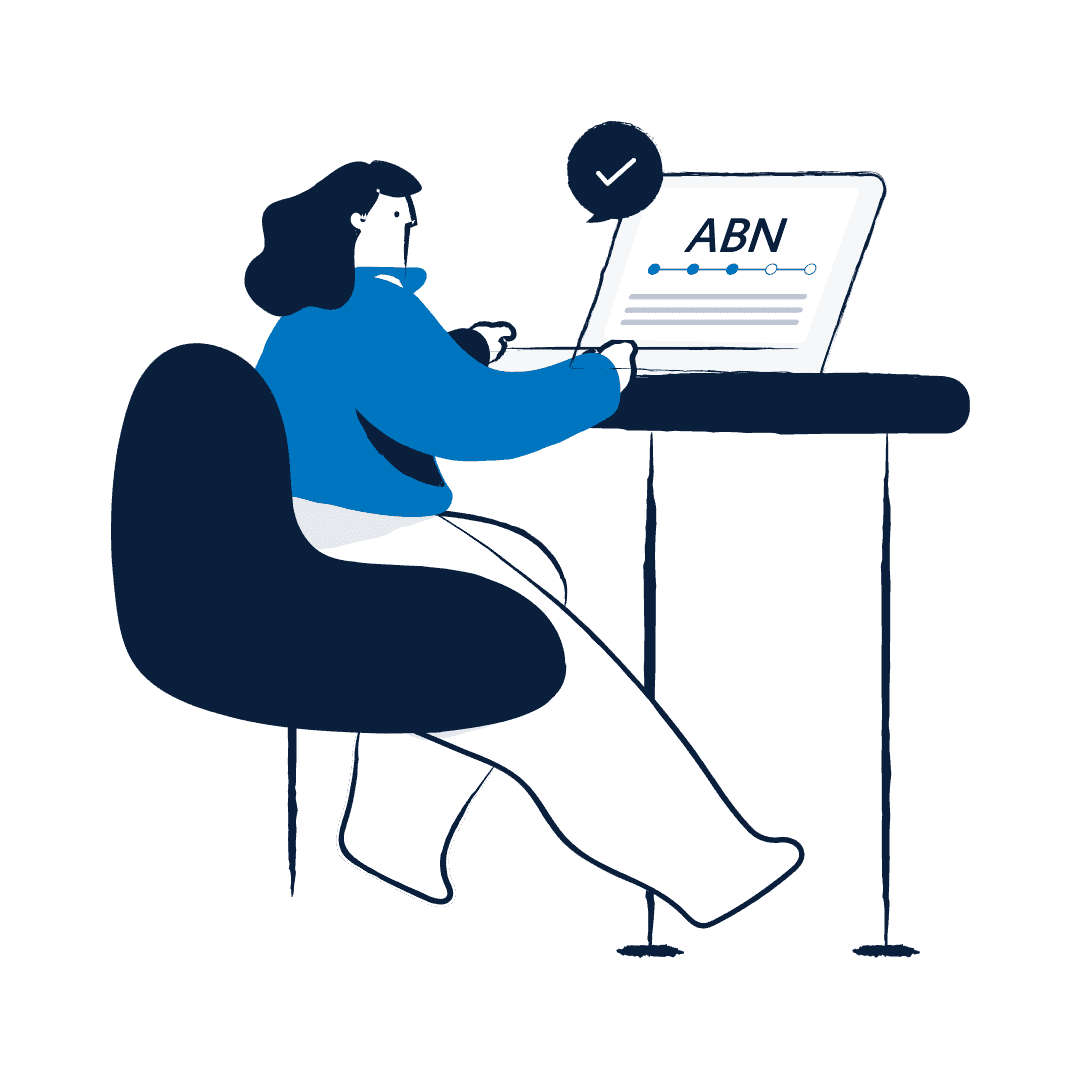Sydney-based analyst. Formerly Legal Intern at Lawpath.
Introduction
Airbnb lets you rent out your place for short-term stays at your convenience without the need of traditional rental intermediaries. As this can seem like you are running a hotel business out of your home, it can be confusing to know whether or not you need an ABN. In this guide, we’ll help you figure this out. We’ll first explain what an ABN is and who needs one. Then we’ll explain a bit on how Airbnb works, and get into the need-to-know on whether you need one to rent your place out on the platform.
What is an ABN?
An Australian Business Number (‘ABN’) is a unique eleven-digit number which identifies registered businesses in Australia. ABN’s were introduced in 1999 under A New Tax System (Australian Business Number) Act 1999 (Cth). The main object of ABNs as stated in section 3 of that Act is ‘to make it easier for businesses to conduct their dealings with the Australian Government…by establishing a system for registering businesses and issuing them with unique identifying numbers…[to] identify themselves reliably’. This Act also provides for the establishment of the Australian Business Register (‘ABR’); the entity where you can register an ABN.

Start your ABN application in minutes!
Need an Australian Business Number to start a casual job? We've got you covered.
Who needs an ABN?
The integration of the ABN into the Australian tax system and business environment in general means that anyone running a business will likely need an ABN. In a nutshell, there are two key factors to determine who needs an ABN. Firstly, your entitlement to an ABN. Additionally, any key business registrations. These aren’t the only reasons why someone may need an ABN, but they are a couple of the big ones.
ABN entitlement
You are entitled to an ABN if you are ‘carrying on, or starting, an enterprise in Australia’. This is true even if you are located outside of Australia. ‘Carrying on an enterprise’ essentially means running a business. In some cases, it can be really easy to tell if you are running a business, like if you have a registered company with ASIC. However, if you are unsure, there is no hard and fast test for determining this unfortunately. Instead, there are some typical features of a business which can provide guidance. For example, if you make a profit in a structured, business-like way, and you can think of businesses which operate quite similarly, you are most likely ‘carrying on an enterprise’ and need to have an ABN.
Business registrations
If you are running a business, you may need to register for GST. This is the case if your business made (or is likely to make) a turnover of $75,000 AUD in a year. This is known as the GST turnover threshold. However, to register for GST, you first need an ABN. Additionally, if you run a business under a name other than your own, it is likely that you will need to register the business name with ASIC. Again, to register a business name, you first need an ABN, or be in the process of getting one.
How does Airbnb work?
Renting your place on Airbnb is referred to as ‘hosting’ on the platform. The platform is setup to make it pretty easy to do yourself. The main things that you do to start hosting are creating your listing (i.e. advertising your place), managing the logistics (including setting up your own prices, picking dates available for booking, and complying with local regulations), and preparing your place for guests.
Do you need an ABN to rent out your place on Airbnb?
Generally, you don’t need an ABN to rent out your place on Airbnb. However, this is not a blanket truth. As we mentioned above, there are two key things to think about in terms of whether you need an ABN. We will consider these things in terms of Airbnb to help you understand when you need an ABN and when you don’t.
ABN entitlement
As we said earlier, the key consideration is whether you are ‘carrying on an enterprise in Australia’. This includes renting out property. For example, if you are renting out your place systematically in pursuit of generating consistent profit, it is likely an enterprise. However, it is pretty rare to find that renting out your place constitutes running an enterprise. It is more likely to apply to investment properties.
GST registration
Generally, you don’t need to pay GST on amounts earned from renting out your place on Airbnb. However, this mainly applies to sharing your home between your own use and others’ use. If you use Airbnb to supply accommodation in a commercial residential property, this will attract different GST obligations. ‘Supplying accommodation’ attracts GST obligations mainly if guests stay for less than 28 continuous days. ‘Commercial residential premises’ are defined in A New Tax System (Goods and Services Tax) Act 1999 (Cth). However, this is quite a dense legislative instrument, and you should consider getting legal advice for help in understanding how it affects you. In the meantime, there are some typical features of a ‘commercial residential property’ which can provide guidance. For example, if the main purpose of property is to provide accommodation to the public, this is a good indicator that it is a commercial residential property.
Conclusion
In conclusion, the main reasons why you would need an ABN is because you are running a business and have certain registration requirements which you can only meet with an ABN. While Airbnb lets you rent out your place similarly to hotel businesses, you are most likely to only need an ABN if you rent out an investment property. So, hopefully, next time you go on holiday and rent your place out on Airbnb, you can feel more comforted in knowing that an ABN is probably not necessary.

Get a fixed-fee quote from Australia's largest lawyer marketplace.






